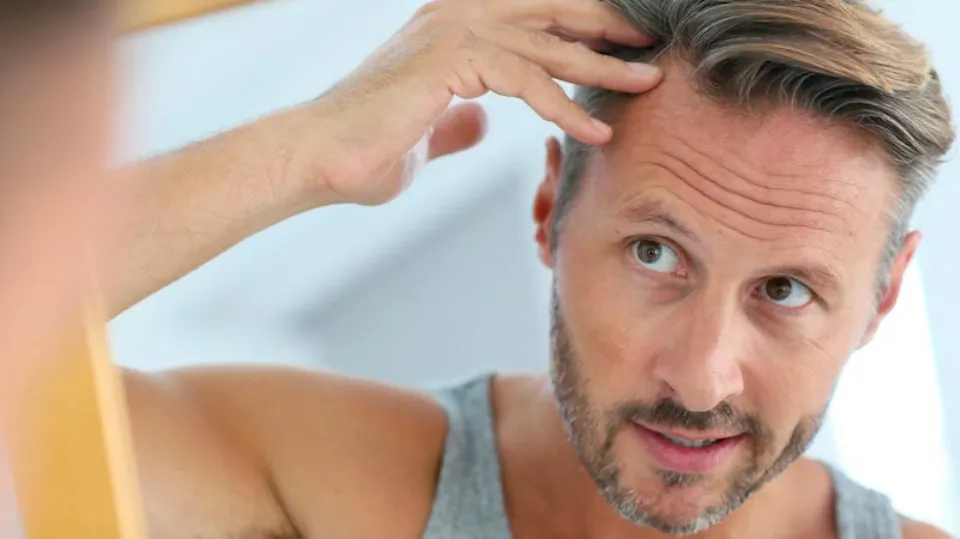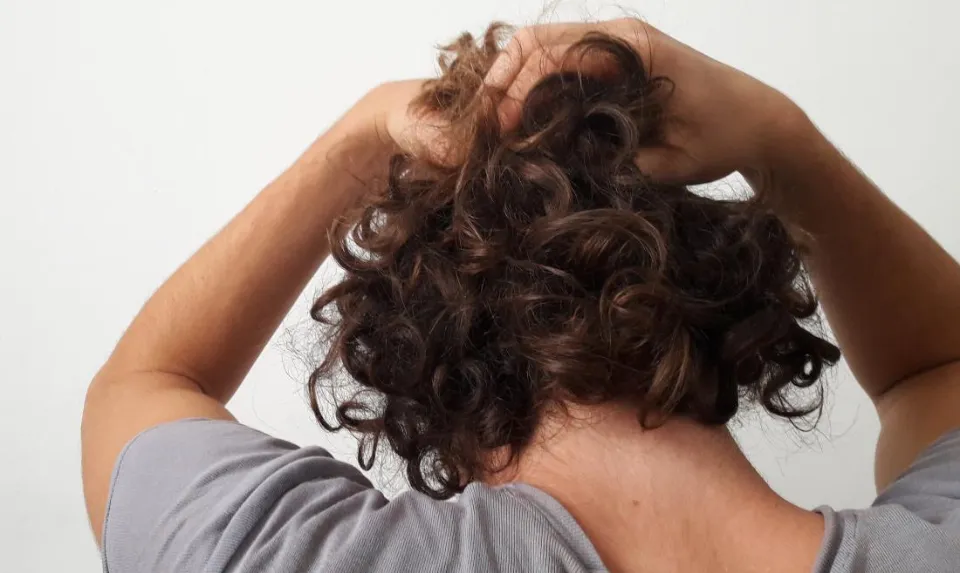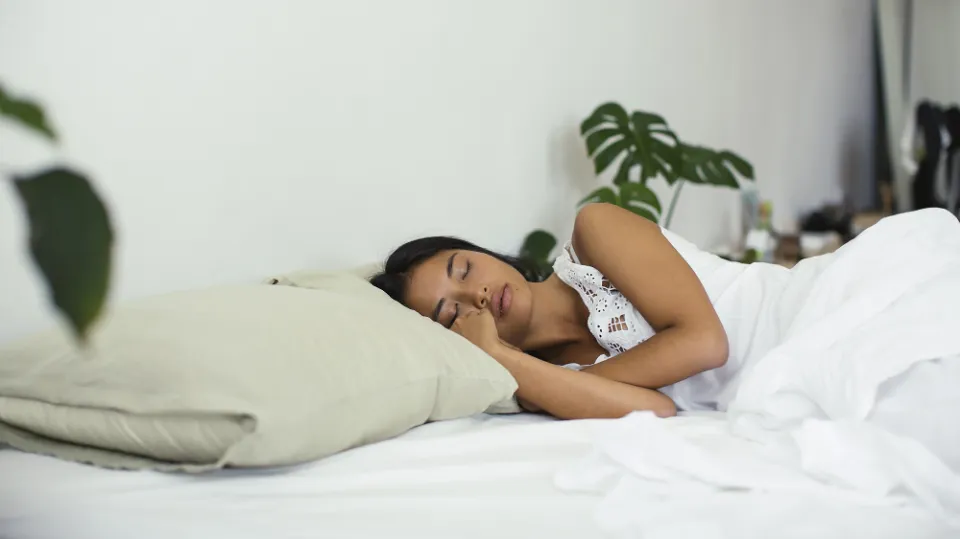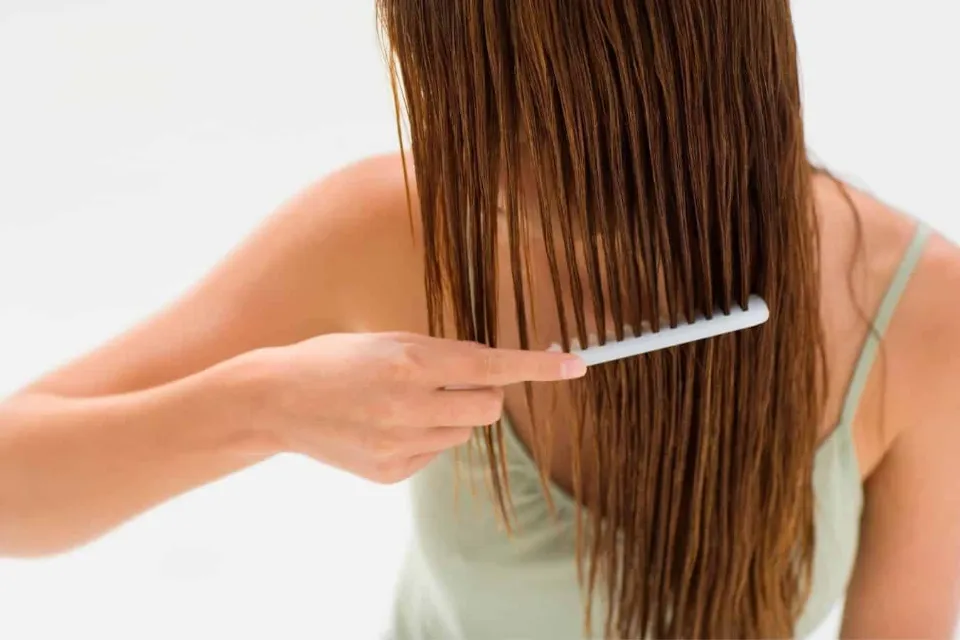There are many causes of hair loss, but do you know does diabetes cause hair loss?
Diabetes can cause a range of symptoms and health issues, including hair loss.
In this article, we go over the possible effects of diabetes on hair as well as the available hair loss treatments.
Does Diabetes Cause Hair Loss?
Diabetes may be a risk factor for hair loss, as well. Hyperglycemia, a condition where blood sugar levels are consistently high, can harm blood vessels and reduce the amount of oxygen and nutrients that reach cells and tissues.
Lack of nutrients and oxygen can also affect hair, which can lead to thinning, breakage, and reduced hair growth.
Related Posts:
- Does Cancer Cause Hair Loss?
- Does Alcohol Cause Hair Loss?
- Can Hair Dye Cause Hair Loss?
- Can Low Iron Cause Hair Loss?
- Does Mounjaro Cause Hair Loss?
- Does Ozempic Cause Hair Loss?
- Does Creatine Cause Hair Loss?
- Does Dandruff Cause Hair Loss?
- Does Amlodipine Cause Hair Loss?
- Does Hard Water Cause Hair Loss?
- Does Dry Shampoo Cause Hair Loss?
- Does Wearing a Hat Cause Hair Loss?
Will Hair Loss from Diabetes Grow Back?
Growing hair after experiencing hair loss due to diabetes is possible, but it can take longer than you might wish.
There are three distinct phases to hair growth, which isn’t linear.
How to Stop Hair Loss from Diabetes?

Here are some other ways to keep your hair bouncy and healthy, and offset diabetes-related hair loss.
Medications
In order to reduce inflammation if alopecia is the reason for your hair loss, your doctor may recommend steroid medications.
A topical medication like minoxidil (Rogaine) may be suggested by a dermatologist or other skin care professional. You apply it to other areas of hair loss in addition to your scalp.
Finasteride (Propecia), a medication, is also available for people who were born with a male gender preference. Finasteride has not been approved for use by people who were assigned female gender at birth by the Food and Drug Administration (FDA).
Biotin
Diabetes patients may have biotin levels that are below optimal.
Biotin, also known as vitamin B7 or vitamin H, is naturally found in foods such as:
- Peanuts
- Almonds
- Sweet potatoes
- Eggs
- Onions
- Oats
There is some evidence to suggest that biotin supplementation may slow hair loss in people who are deficient in the vitamin.
However, before consuming biotin supplements, consult your physician.
The recommended adequate intake for adults is 25 to 35 micrograms (mcg)Trusted Source per day, but supplements typically contain much higher amounts. Find out from your doctor how much is safe for you.
Wigs and Hairpieces
You might want to use a wig or other hairpiece to temporarily conceal the hair loss if it affects a significant portion of your scalp. When the accessory is no longer required or wanted, you can take it off.
Exercise

Blood sugar levels can be controlled by regular exercise. It’s a fantastic way to lower your blood sugar and promote oxygen delivery to your body’s extremities, including your scalp.
Great exercises to try include:
- Walking
- Swimming
- Weightlifting
- Calisthenics
- Yoga
To make sure it doesn’t go too high or too low during or after exercise, it’s critical to check your blood sugar levels. It’s also essential to prevent dehydration.
Before beginning a new fitness regimen, consult your physician or a personal trainer. They can offer you advice on how to exercise safely if you have diabetes.
When to Call Your Healthcare Provider?
Contact your provider if you are still losing hair even though your blood sugars are at target and you are hitting the target ranges you have established with your healthcare team.
There could be a different medical or nutritional reason as to why you are losing hair.
Takeaway: Does Diabetes Cause Hair Loss
Diabetes is a chronic condition that can have a wide range of effects on a person’s body. In some people, diabetes can cause hair thinning or hair loss.
Uncontrolled blood sugar levels, mental and physical stress, and hormonal imbalances are the main contributors to hair loss in diabetics.
Reversing or reducing the effects of hair loss may be possible with the use of medications and lifestyle changes to control blood sugar levels. Although their effects might be transient, some drugs are also available to treat hair loss.
FAQs
Can Type 1 Diabetes Cause Hair Loss?
Hair loss can be a symptom of both type 1 and type 2 diabetes.
Does Diabetes Cause Hair Loss on Legs?
Diabetes can also cause hair loss on the legs.
How Does Diabetes Affect Skin and Hair?
Poor circulation, which is more probable in people with diabetes, can cause dry, itchy skin.




